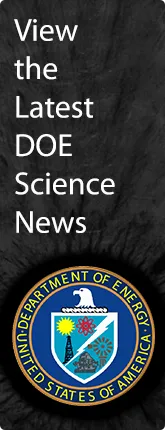Researcher Works on Greener Gardens, Cleaner Waterways - Even Healthier Astroturf
Wellesley CollegeDan Brabander wants to put the green in "“ and take the lead out of "“ urban gardens. As associate professor of geosciences at Wellesley College, his focus is on environmental geochemistry and public health. To that end, he has received funding from the U.S. Environmental Protection Agency and has formed a partnership with Boston's Food Project, a nonprofit organization that helps foster organic urban gardens. For the past five years, Brabander and his Wellesley College student researchers have been testing for lead contamination in urban backyard gardens in Boston neighborhoods.










